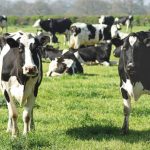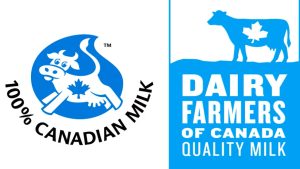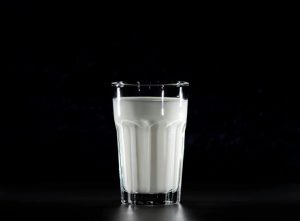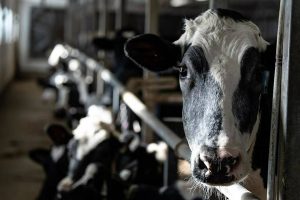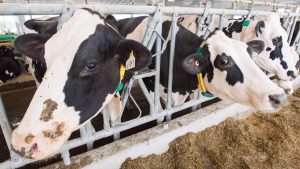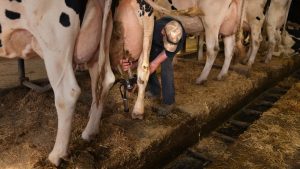
With world demand soaring, Canada’s dairy system keeps milk producers locked out of growth, and consumers stuck with high prices.
Prime Minister Mark Carney is no Justin Trudeau. While the team around him may be familiar, the tone has clearly shifted. His first week in office signalled a more data-driven, technocratic approach, grounded in pragmatism rather than ideology. That’s welcome news, especially for Canada’s agri-food sector, which has long been overlooked.
Historically, the Liberal party has governed with an urban-centric lens, often sidelining agriculture. That must change. Carney’s pledge to eliminate all interprovincial trade barriers by July 1 was encouraging but whether this includes long-standing obstacles in the agri-food sector remains to be seen. Supply-managed sectors, particularly dairy, remain heavily protected by a tangle of provincially administered quotas (part of Canada’s supply management system, which controls prices and limits production through quotas and tariffs to protect domestic producers). These measures stifle innovation, limit flexibility and distort national productivity.
Consider dairy. Quebec produces nearly 40 per cent of Canada’s milk, despite accounting for just over 20 per cent of the population. This regional imbalance undermines one of supply management’s original promises: preserving dairy farms across the country. Yet protectionism hasn’t preserved diversity—it has accelerated consolidation.
In reality, the number of dairy farms continues to decline, with roughly 90 per cent now concentrated in just a few provinces. On our current path, Canada is projected to lose nearly half of its remaining dairy farms by 2030. Consolidation disproportionately benefits Quebec and Ontario at the expense of smaller producers in the Prairies and Atlantic Canada.
Carney must put dairy reform back on the table, regardless of campaign promises. The sector represents just one per cent of Canada’s GDP, yet wields outsized influence on policy, benefiting fewer than 9,000 farms out of more than 175,000 nationwide. This is not sustainable. Many Canadian producers are eager to grow, trade and compete globally but are held back by a system designed to insulate rather than enable.
It’s also time to decouple dairy from poultry and eggs. Though also supply-managed, those sectors operate with far more vertical integration and competitiveness. Industrial milk prices in Canada are nearly double those in the United States, undermining both our domestic processors and consumer affordability. These high prices don’t just affect farmers—they directly impact Canadian consumers, who pay more for milk, cheese and other dairy products than many of their international counterparts.
The upcoming renegotiation of CUSMA—the Canada-United States-Mexico Agreement, which replaced NAFTA—is a chance to reset. Rather than resist change, the dairy sector should seize the opportunity to modernize. This includes exploring a more open quota system for export markets. Reforms could also involve a complete overhaul of the Canadian Dairy Commission to increase transparency around pricing. Canadians deserve to know how much milk is wasted each year—estimated at up to a billion litres—and whether a strategic reserve for powdered milk, much like our existing butter reserve, would better serve national food security.
Global milk demand is rising. According to The Dairy News, the world could face a shortage of 30 million tonnes by 2030, three times Canada’s current annual production. Yet under current policy, Canada is not positioned to contribute meaningfully to meeting that demand. The domestic focus on protecting margins and internal price fairness is blinding the sector to broader market realities.
We’ve been here before. The last time CUSMA was renegotiated, Canada offered modest concessions to foreign competitors and then overcompensated its dairy sector for hypothetical losses. This created an overcapitalized industry, inflated farmland prices and diverted attention from more pressing trade and diplomacy challenges, particularly with India and China. This time must be different: structural reform—not compensation—should be the goal.
If Carney is serious about rebooting the Canadian economy, agri-food must be part of the conversation. But that also means the agriculture sector must engage. Industry voices across the country need to call on dairy to evolve, embrace change and step into the 21st century.
Dr. Sylvain Charlebois is a Canadian professor and researcher in food distribution and policy. He is senior director of the Agri-Food Analytics Lab at Dalhousie University and co-host of The Food Professor Podcast. He is frequently cited in the media for his insights on food prices, agricultural trends, and the global food supply chain.
You can now read the most important #news on #eDairyNews #Whatsapp channels!!!
🇺🇸 eDairy News INGLÊS: https://whatsapp.com/channel/0029VaKsjzGDTkJyIN6hcP1K

